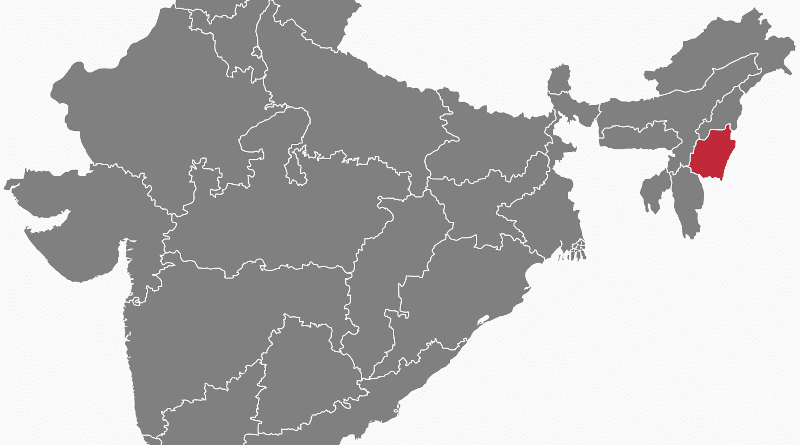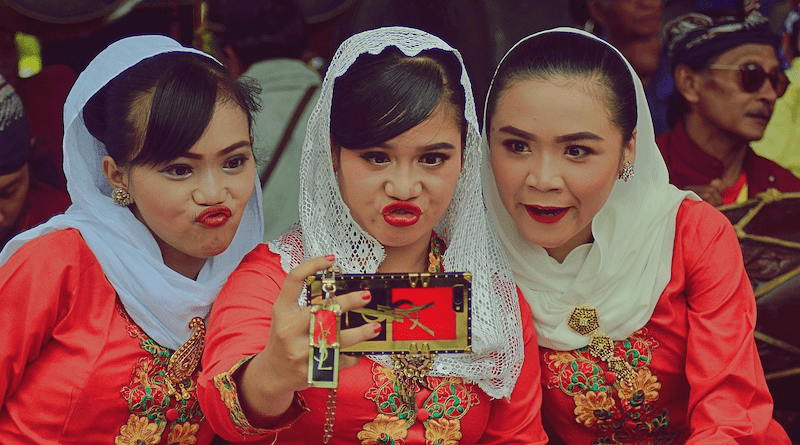Islamic traditions regarding women are deeply rooted in religious texts and teachings, primarily derived from the Quran and Hadith (the sayings and actions of the Prophet Muhammad). These traditions encompass various aspects of a woman’s life, including family, social, legal, and religious roles.
The key aspects include:
a. Family and Marriage: Marriage:
Marriage is highly valued in Islam. The Prophet Muhammad emphasized the importance of marriage and described it as completing half of one’s faith. A woman’s consent is essential for a marriage to be valid. Dowry (Mahr): Upon marriage, the groom must give the bride a mahr, which is a gift or financial sum agreed upon by both parties. This is solely for the bride to use as she wishes.
Roles in the Family: Women are often seen as the primary caregivers and nurturers within the family. However, Islam also stresses mutual respect and cooperation between spouses. Men are traditionally seen as the providers, but women can also work and contribute financially if they choose.
b. Dress and Modesty:
Hijab: Modesty is a significant aspect of Islamic teachings. The hijab, which refers to modest clothing including a headscarf, is one way Muslim women express their faith and modesty. The specific requirements can vary based on cultural interpretations.
c. Education and Knowledge:
Seeking Knowledge: Islam places a high value on education for both men and women. The Prophet Muhammad encouraged the pursuit of knowledge, saying, “Seeking knowledge is an obligation upon every Muslim.”
d. Social Participation:
Community Involvement: Women are encouraged to participate in community and social activities. They can work, engage in business, and contribute to social welfare.
Religious Activities: Women participate in religious activities such as prayer, fasting, and Hajj. While there are certain gender-specific rules in places of worship (e.g., separate prayer areas), their spiritual obligations and opportunities are equal to those of men.
e. Social and Cultural Traditions:
Festivals and Celebrations: Women actively participate in Islamic festivals such as Eid al-Fitr and Eid al-Adha. They often play key roles in family gatherings and community celebrations.
The traditions and roles of women in Islam are multifaceted and can vary widely across different cultures and communities.
Global status
The global status of women in Islam is diverse and complex, reflecting the vast differences in culture, legal systems, economic development, and religious interpretations across various Muslim-majority and Muslim-minority countries:
a. Legal Rights and Status:
Varied Legal Frameworks: The legal status of Muslim women varies significantly. In some countries, Sharia law is applied in personal status matters, while others use secular laws or a combination of both. This affects rights related to marriage, divorce, inheritance, and custody.
Reforms and Progress: Several countries have enacted reforms to improve women’s legal rights. For example, Tunisia and Morocco have progressive family laws that grant women greater autonomy and protection.
b. Education and Employment:
Education: Access to education for Muslim women has been improving, with increased enrolment in primary, secondary, and higher education. In countries like Malaysia, Indonesia, and Turkey, women often achieve high levels of educational attainment.
Employment: The participation of Muslim women in the workforce varies widely. In some regions, women are highly active in various professions, while in others, cultural and legal barriers limit their employment opportunities.
c. Health and Well-being: Healthcare Access:
Mental Health: Awareness of mental health issues among Muslim women is growing, with more resources and support services becoming available.
d. Challenges and Barriers:
Discrimination and Violence: Muslim women often face discrimination and violence, including domestic violence, honour-based violence, and forced marriages. Efforts to address these issues include legal reforms, awareness campaigns, and support services.
Economic Inequality: Economic disparities persist, with many women lacking access to financial resources, employment opportunities, and entrepreneurial support. Grassroots Movements: Grassroots organizations and activists are making impactful changes within their communities, addressing issues like education, health, and gender-based violence.
e. Global Networks and Alliances:
International Collaboration: Muslim women are increasingly participating in global networks and alliances, sharing strategies and resources to promote gender equality and women’s rights.
Interfaith Initiatives: Interfaith collaborations are helping to build mutual understanding and address common challenges faced by women of different faiths.
f. Regional Differences:
Middle East and North Africa (MENA): In the MENA region, the status of women varies significantly. Countries like Saudi Arabia and Iran have strict gender-based laws, while others like Tunisia and Morocco have more progressive legal frameworks.
South Asia: In South Asia, countries like Pakistan and Bangladesh have seen significant female political leadership, but cultural and socio-economic barriers still impact women’s status.
Southeast Asia: In Southeast Asia, countries like Malaysia and Indonesia have made strides in women’s education and employment, though challenges remain in rural areas.
Sub-Saharan Africa: In Sub-Saharan Africa, Muslim women face diverse challenges and opportunities, with significant efforts to improve education and health outcomes.
The global status of Muslim women is characterized by diversity and complexity, with significant progress in some areas and ongoing challenges in others.
Reforms and days ahead
The prospects for women in Islam are shaped by ongoing changes and efforts in various fields, including legal reforms, educational advancements, and social movements. The key areas where the prospects for Muslim women are evolving include:
a. Legal and Political Reforms:
Legal Reforms: Several countries are implementing legal reforms to enhance women’s rights. These include changes to family law, inheritance rights, and protections against domestic violence.
Political Participation: The number of women in political leadership and decision-making positions is gradually increasing. Efforts are being made to ensure greater representation of women in government and political parties.
b. Social and Cultural Shifts:
Changing Attitudes: Attitudes towards gender roles are slowly shifting in many communities. Greater acceptance of women’s participation in public life and support for gender equality are emerging trends.
Role Models: Prominent Muslim women in various fields serve as role models, inspiring younger generations to pursue their ambitions and challenge traditional norms.
c. Religious Interpretation and Reform:
Progressive Interpretations: Some scholars and religious leaders are advocating for progressive interpretations of Islamic teachings that emphasize gender equality and women’s rights. These efforts aim to reconcile religious beliefs with contemporary values of equality and justice.
Interfaith Dialogue: Interfaith initiatives are fostering dialogue and collaboration between Muslim women and women of other faiths to address common challenges and promote mutual understanding.
d. Education and Awareness Programs:
Gender Sensitization: Educational programs aimed at raising awareness about gender equality and women’s rights are being implemented in schools and communities.
Empowerment Programs: Workshops, training sessions, and mentorship programs are empowering women with the skills and knowledge needed to advocate for their rights and pursue their goals.
The prospects for Muslim women are increasingly positive, with significant progress being made in education, legal rights, economic opportunities, and social empowerment. FacebooEmailFlipboardMastodoLinkedIn






